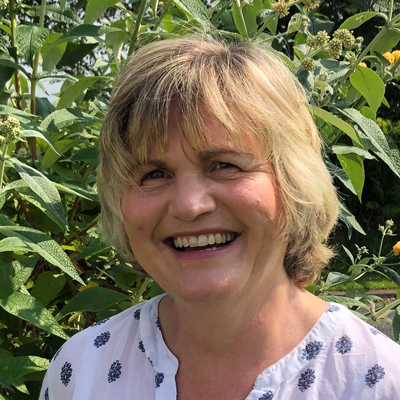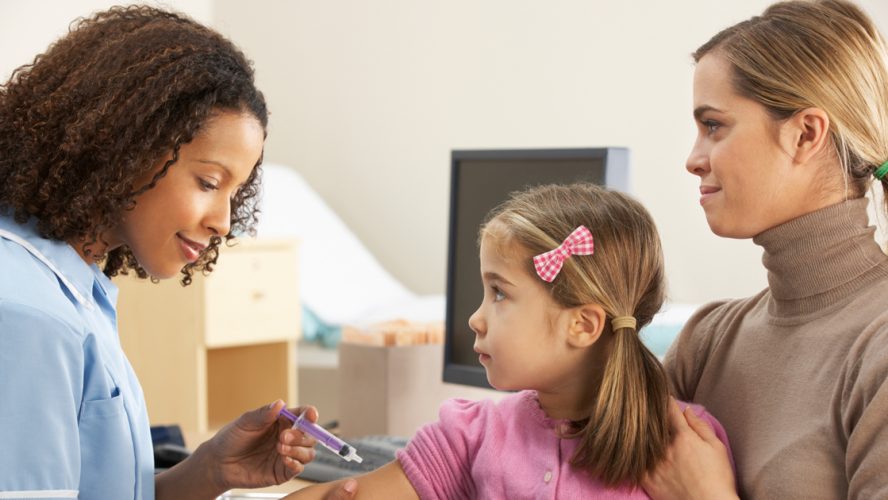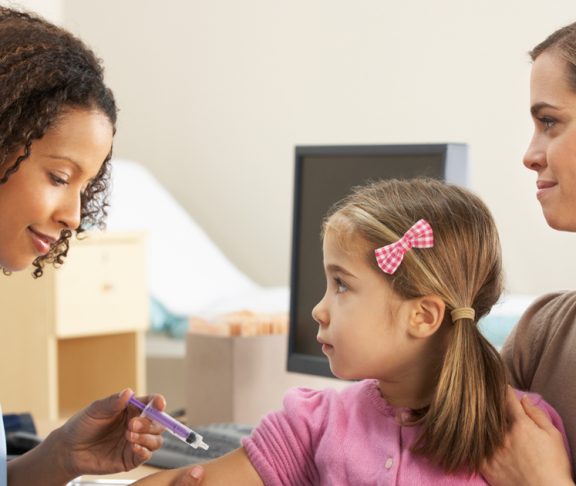
Orla Loftus Moran
Advanced Nurse Practitioner (General Practice), National PRO Irish Practice Nurses Association (IPNA)
General Practice (GP) is the first point of contact for most people who have health concerns or queries, nurses and doctors working in GP are particularly alert to the topic immunisation.
Vaccinations are administered in general practice on behalf of the HSE, as part of a national strategy to protect children and adults from serious infectious diseases and more recently from cervical and liver cancers. Vaccine schedules have evolved and changed over time and are responsive to vaccine safety, development and population needs. Whilst general practice is central to the delivery of annual influenza and pneumococcal vaccines to vulnerable groups, and to women during pregnancy, it is also important to consider infant immunisations and the role of the general practice nurse.
Trust in the science of vaccines
The science supporting the positive impact of vaccinations is well established, vaccines are some of the safest and most effective medicines we have, saving millions of lives annually. It is important to understand that the benefits of vaccinations far outweigh the possible side effects. We are confident of this because of rigorous vaccine testing, research and post-licensure surveillance, which is carefully scrutinised internationally, and in Ireland, by independent regulatory agencies.
Unfortunately, vaccine suppression of infectious disease has reduced people’s awareness of the suffering associated with these illnesses; ‘out of sight, out of mind’ has led to complacency and denial by some in contemporary society. However, the recent outbreak of COVID-19 pandemic and the universal quest to find a vaccine has been a stark reminder of the crucial role vaccines play in saving lives.
‘Out of sight, out of mind’ has led to complacency and denial by some in contemporary society.
Protecting our children
Within general practice, we recognise the ‘push and pull’ factors surrounding infant vaccination and the dilemmas parents or guardians can face when deciding to vaccinate. The powerful and often mixed messages that surround vaccines can cause confusion and misinformation which leads to loss of confidence, mistrust and vaccine hesitancy. We worry that the message of the lifesaving and enduring protection which vaccinations provide gets lost in the ‘noise’ of inaccurate, emotional media and online debate.
General practice nurse expertise
Nurses in general practice seek to work in partnership with families, fostering lasting, trusting relationships. As experts in infant immunisation we want to discuss concerns and would encourage anyone who has questions to contact us. We are there to help, listen and clarify, we understand parents’ fears, we are not there to judge or criticise. If vaccines have previously been declined, appointments missed or delayed due to pandemic restrictions, we would ask that you speak with your general practice nurse who will ensure your decision is informed and tailored to individual circumstances, it may not be too late to vaccinate.
Relationships built on trust
Happily most parents choose to vaccinate their children. Through high uptake of vaccines, the benefits of immunity can extend beyond the level of the individual to the entire population, the benefits both from a health and economic perspective is incalculable. In response to the pandemic, we want to reassure parents and guardians of infants that we have made our surgeries safe places to attend for vaccination. By spacing out appointments, we ensure safe distancing, hygiene measures and use of protective equipment are strictly implemented to reduce infection risk. Vaccination appointments are always prioritised as essential. Phone first to plan an appointment with your general practice nurse and don’t forget to wear a mask.

